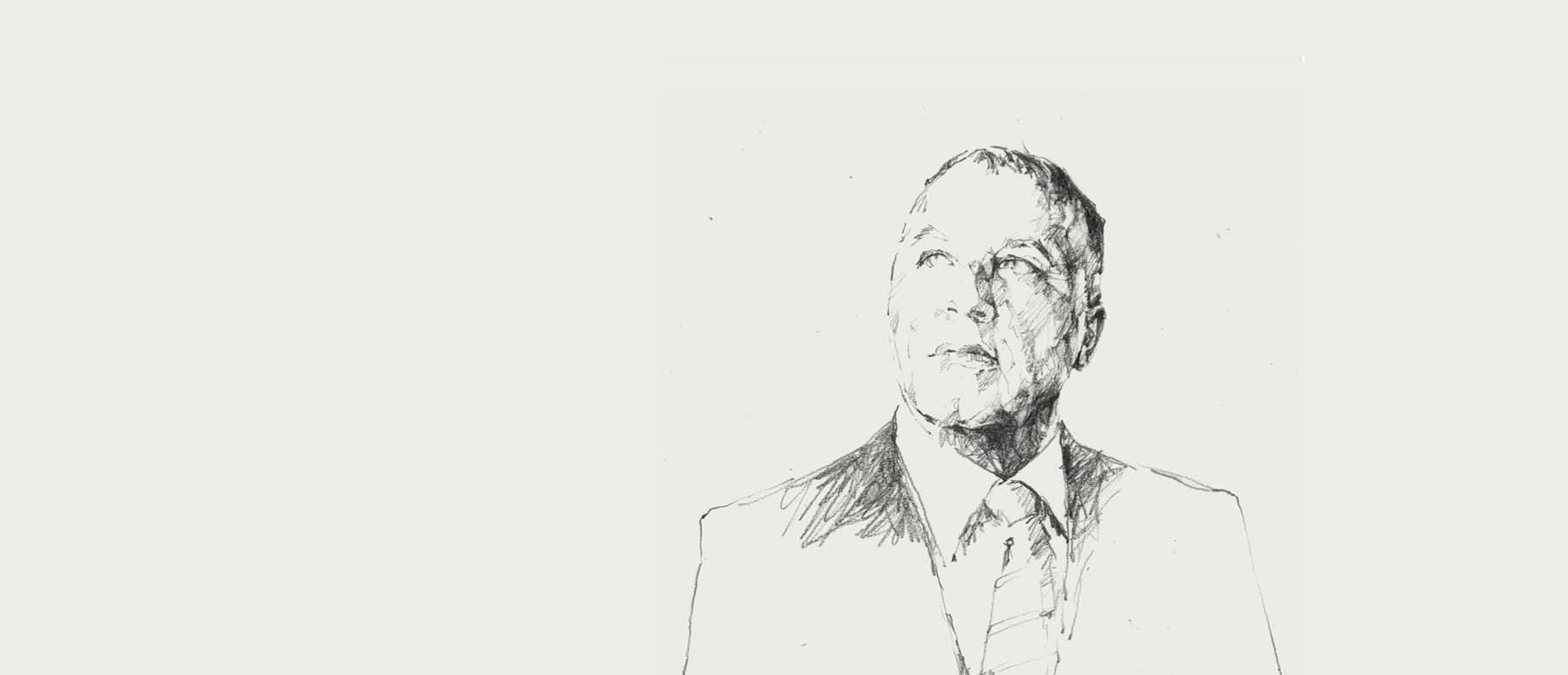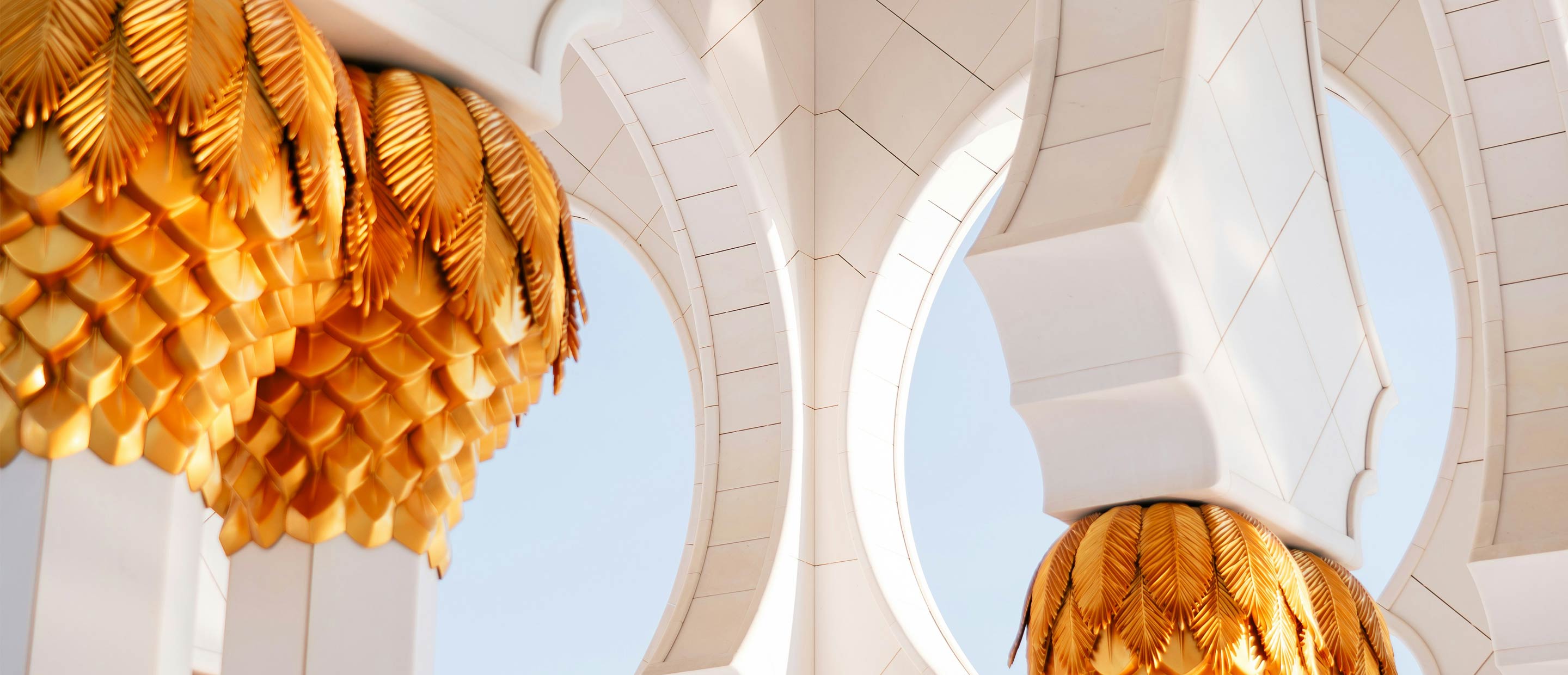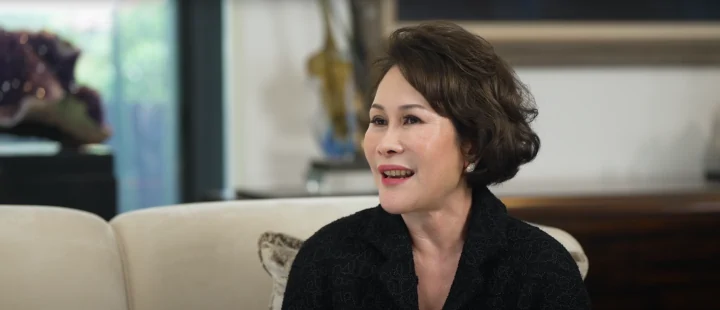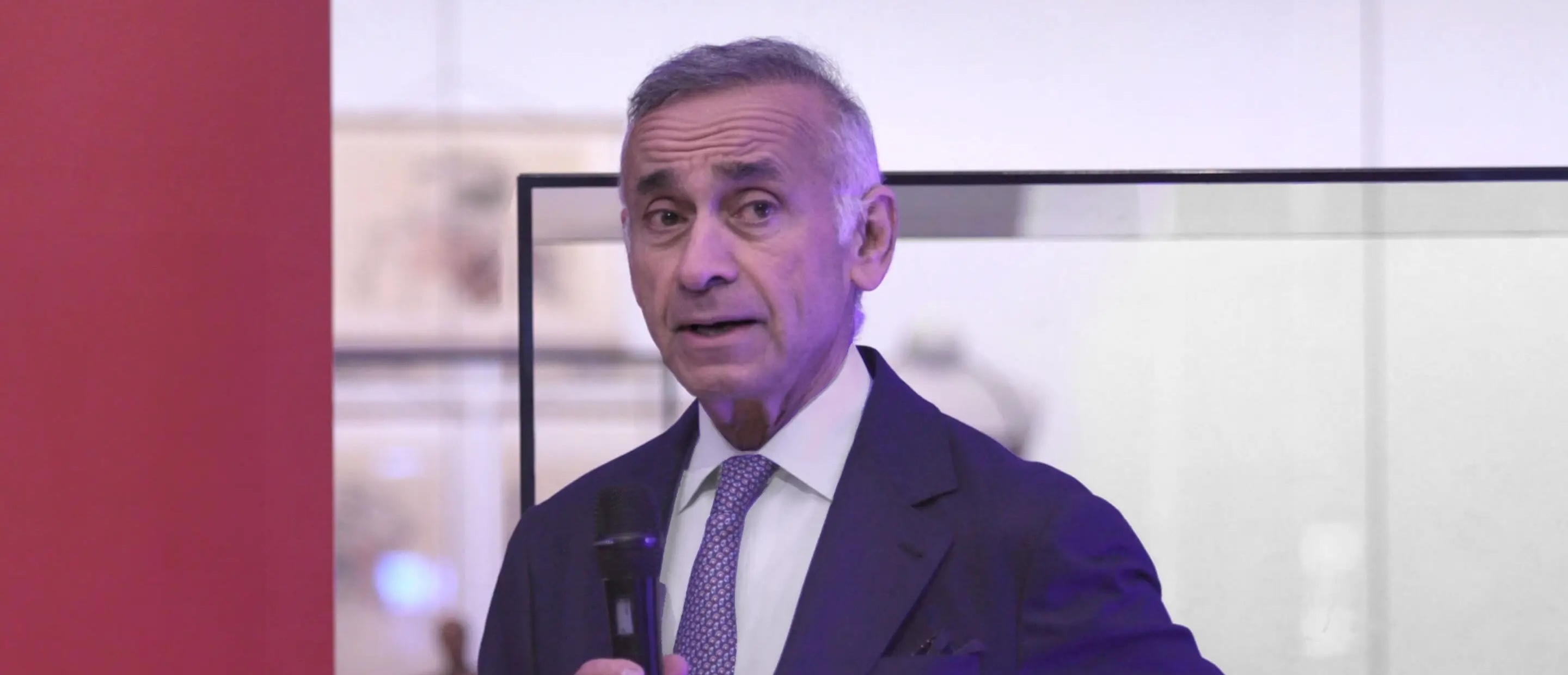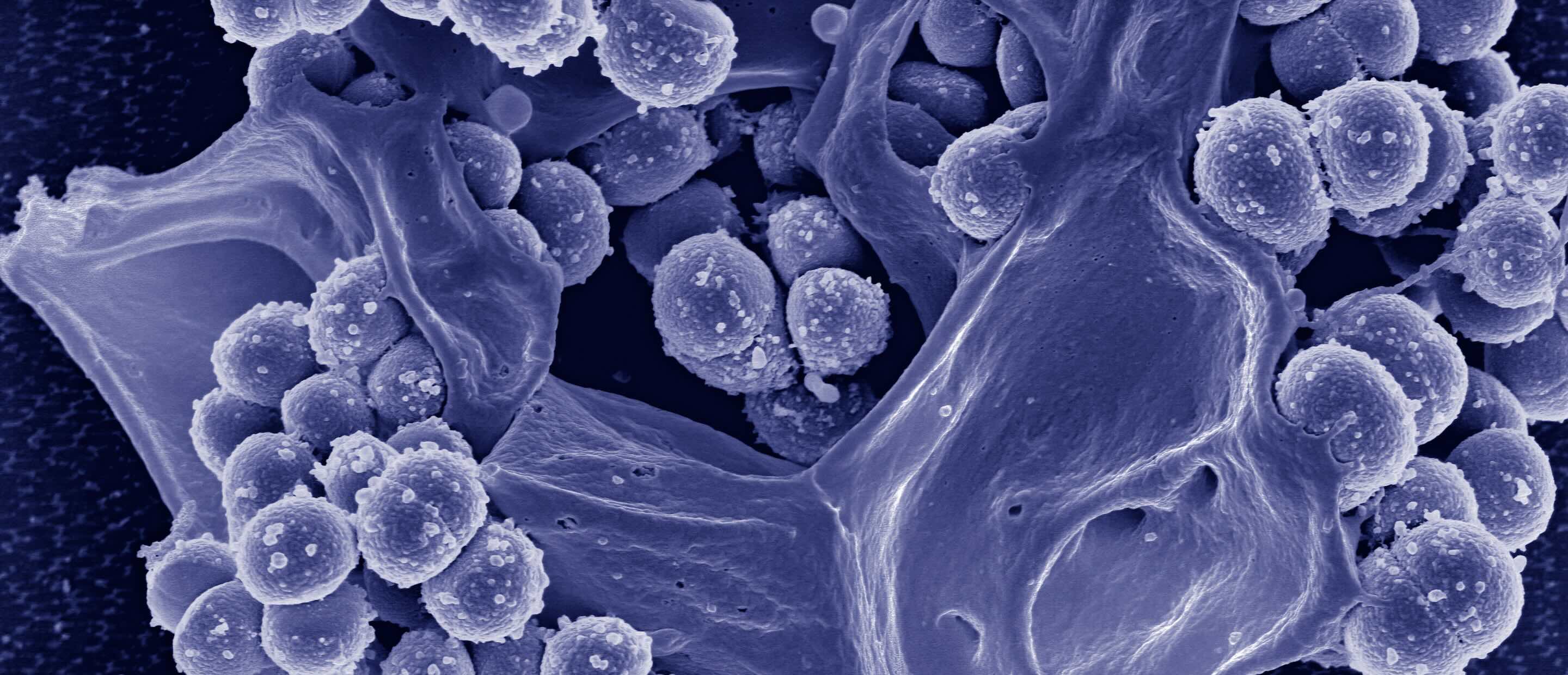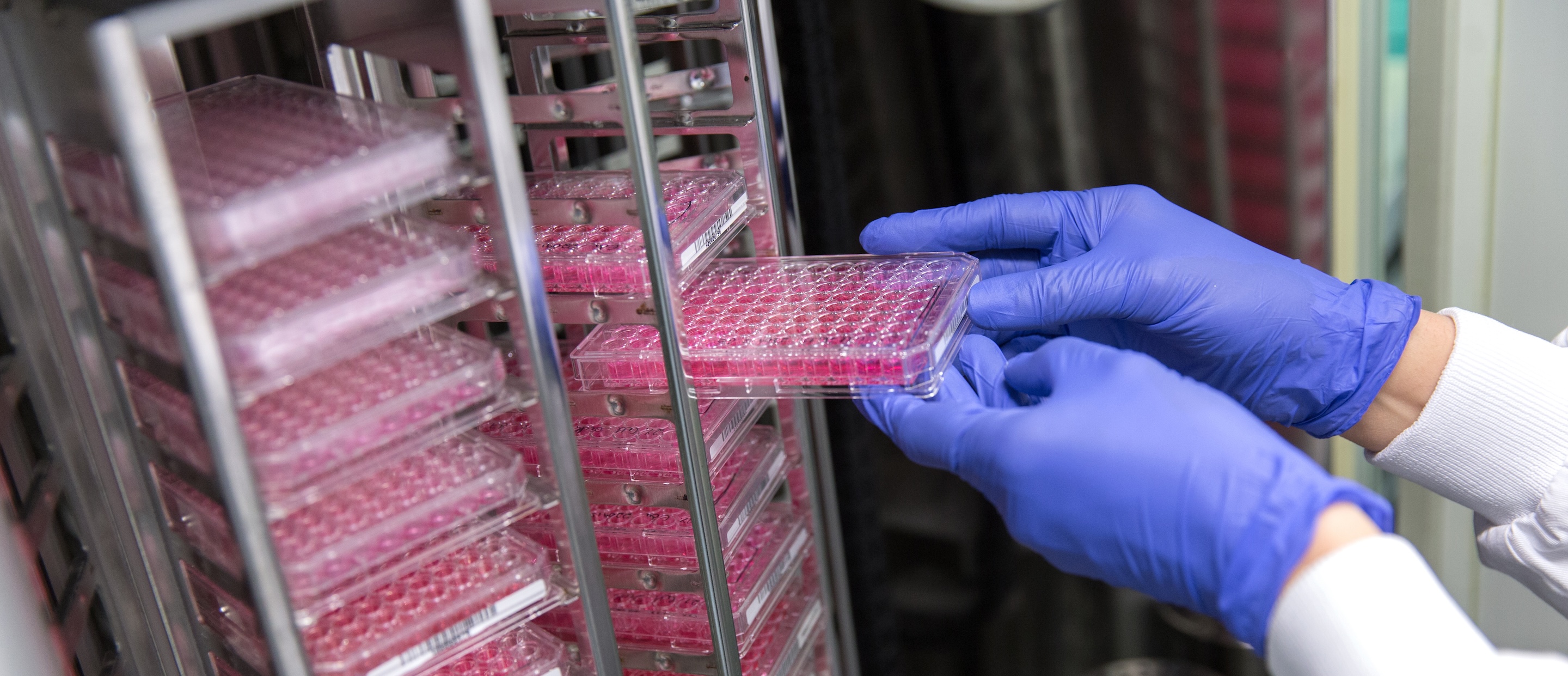In just a few years, the Syrian businessman Ghassan Aboud built a billion-dollar empire. But charity is even closer to his heart, he tells WERTE magazine.
WERTE: Mr Aboud, you were born in 1967, in Syria, and started your adult life as a journalism student. Why was that?
Ghassan Aboud: Even my family were surprised. I come from generations of businesspeople, but I chose to study journalism. Once I realised that I would never make a career of it in the Middle East, I returned to what was in our family genes and started my first business.
In 1992, you emigrated from Syria to the United Arab Emirates, and two years later started trading cars, accessories, and spare parts in Sharjah. It took you just five years to make your first million. How did you become successful so quickly?
I was one of the first entrepreneurs to introduce re-export as a business model in the UAE within the automotive industry. That means importing products to Dubai, let’s say from the U.S., and then exporting them to Africa for instance. The export to Africa is a re-export from Dubai, which means no taxes apply as we operate from a free zone. At that time, this was an innovative and very successful model.
Would you describe ingenuity as one of your qualities?
Yes. I’m always looking for new approaches and new ideas when I build a new company. And I was in the right place at the right time. Back then – over 25 years ago now – Dubai and Abu Dhabi wanted to become a trade and commerce hub for the Middle East and Africa, and in fact for world trade as a whole. It was a conducive business environment for founding a company, as it still is today.
Why?
The business environment in the UAE is very liberal. There is limited bureaucracy and moderate value-added tax. Even now, during the pandemic, my business in Dubai and Abu Dhabi has suffered less than in other locations. The UAE government is flexible and supports entrepreneurs. Since 2019, UAE has introduced a long–term golden visa, which entrepreneurs, investors, scientists, artists, sportspeople, and individuals with special talents can apply for. It grants a five or 10-year residency, which extends automatically.
"For me, helping people in need is an altruistic duty."
Ghassan Aboud
The way you expanded is unusual: from car trading to logistics, media, retail, hospitality, and healthcare. Were there strategic decisions behind that?
Yes and no. The step from the auto trade to logistics was a logical extension to complement the existing automotive business. In essence, both are about getting from A to B. But in 2008, I founded a media company, Orient Media. We own TV and radio stations and are also active on social media. We’re the number one in the Arabic-speaking countries. That took me full circle back to my degree. I always felt a fundamental need to help make the Middle East a more liberal place. The expansion into the food sector was to mitigate the risk of being part of a single sector like automotive, while hospitality was part of the geographical risk mitigation programme of the group.
In 2018, Forbes Magazine named you one of the 50 most influential expats in the UAE. What qualities do you need to achieve that?
Hard work is essential but not enough. It’s about the details: nuances, little things that you do differently that set you apart from others in your line of business. That’s how you create the competitive advantage you need. Being able to work well in a team is also crucial. There needs to be a good flow of energy between everyone. It’s equally important to have the right woman or the right man at the top. The areas I do business in also require specialist expertise. I see it as one of my main roles to constantly develop synergies between all Group companies.
Do you want to become even wealthier?
What a question! Absolutely! Of course, I work to make more money. But let me elaborate on that: at the beginning, I wasn’t interested in how much I was earning. It was all about survival. Then I wanted my companies to be top of the league, so it was about competing. Now it’s more about growth. We invest huge amounts in every new project, so we always need the financial means to do so.
In 2016, you launched the Crystalbrook Collection in Australia. The hospitality group owns luxury hotels and resorts, cattle farms, and a marina. With climate extremes becoming more frequent all around the world, wasn’t this a risky way to invest one billion US dollars?
By that logic, I couldn’t invest anywhere. We all live on the same planet. We’re all in the same boat. Each of us is more responsible than ever for the environment and the natural world. The thing about Australia is that it’s an extraordinary and beautiful continent. Sunshine all year round, glorious beaches, mountains, excellent infrastructure. The people are polite, fun-loving, and hospitable. I would like to move there with my family one day. And the Australians are leaders in ecotourism.
Philanthropy is important to you?
Very much! I founded Orient for Human Relief in early 2012, in Turkey and Europe, where it is still operated from today, to help ease the suffering of the many victims of the war in Syria, both in Syria itself and elsewhere. We have built 47 hospitals and medical facilities serving over three million refugees over the past 10 years. We also have over 30,000 students who have benefitted through our education programmes. At the same time, we are a member of various other aid organisations. These include the Syria Relief Network and the Multifaith Alliance for Syrian Refugees (MFA), which was founded by the great Georgette Bennett. Georgette is a Holocaust survivor and is President of the Tanenbaum Center for Interreligious Understanding. We have also founded a centre for human rights together to help refugees and people facing persecution.
You also support mosaic workshops in Syria.
Mosaics are a hugely important craft in Syria. We created Hatay to support refugees, to preserve the art, and to create employment opportunities. We regularly order mosaics from them. We use these to decorate our hotels and properties and install other works in public spaces around the world.
"My wife Nahed is involved in my businesses, but so are my daughters. I always take them with me on my travels whenever possible"
Ghassan Aboud
Helping people in need ...
... is a must for me – an altruistic duty. My ethical principles in my business life and private life are one and the same. I always work for the greater good.
You have a wife and five children. Do you still manage to find time for them alongside all your other commitments?
I do my best. My wife Nahed is involved in my businesses, but so are my daughters. I always take them with me on my travels whenever possible. My family, and their health, safety, and happiness, are my top priority. They’re closely followed by the company – my sixth child.
Are you still founding new businesses?
Oh yes. Recently, we have been concentrating on digital businesses. We’ve been creating B2B marketplaces, where we directly connect buyers and sellers. We have just launched Buyparts24 for automotive spare parts in the UAE. And we also started Buygro, a B2B marketplace where we connect distributors and principals to mom-and-pop grocery stores and cafeterias. For me, it’s a case of once an entrepreneur, always an entrepreneur.
About Ghassan Aboud
The Syrian-born entrepreneur founded the Ghassan Aboud Group (GAG) in 1994. What started as a car export business developed into an international corporation with branch of- fices in the United Arab Emirates, Australia, Belgium, Jordan and Turkey. Ghassan Aboud runs successful businesses in industries includ- ing automotive, food, retail, logistics, media, hospitality, and healthcare. He founded the humanitarian organisation Orient for Human Relief, which works to support Syrian refugees within Syria and abroad focussing on health, education and creating employment opportunities.
This article first appeared in WERTE #24, the client magazine of Deutsche Bank Wealth Management.
